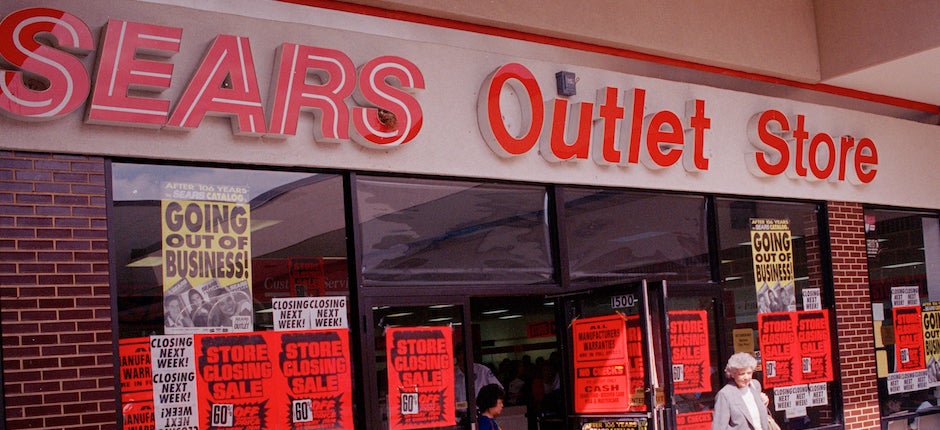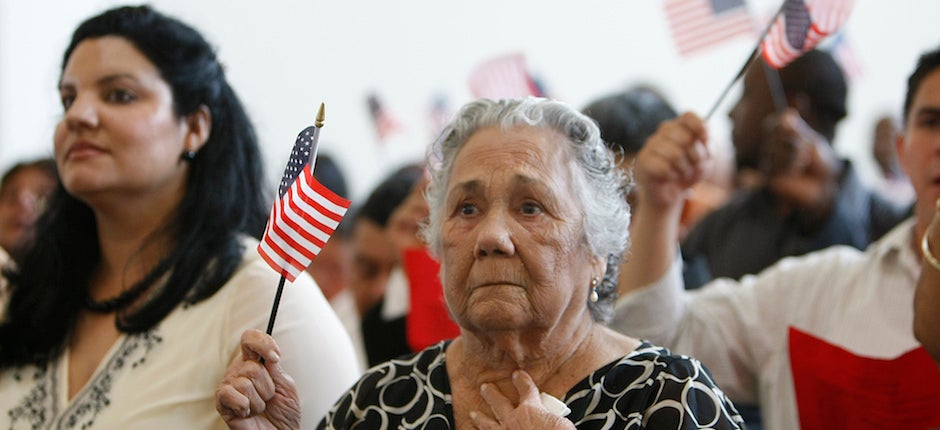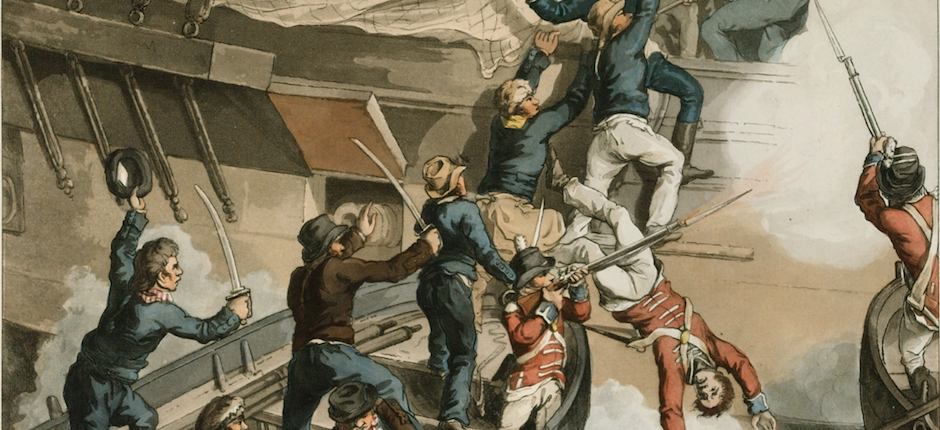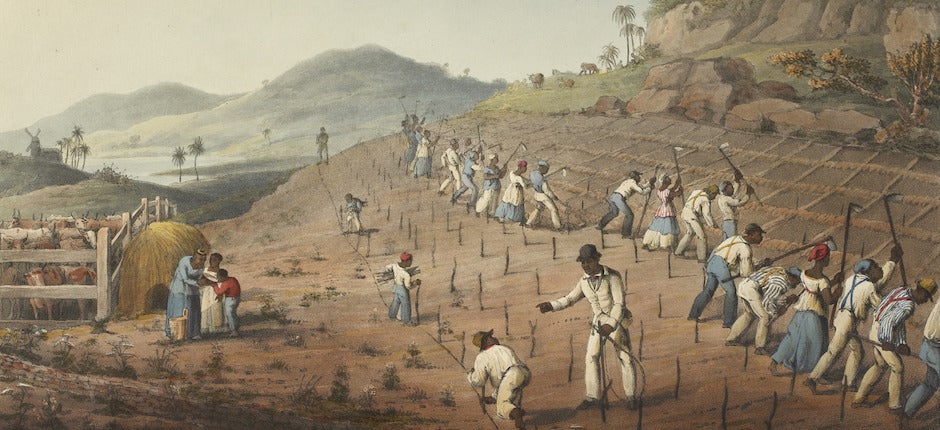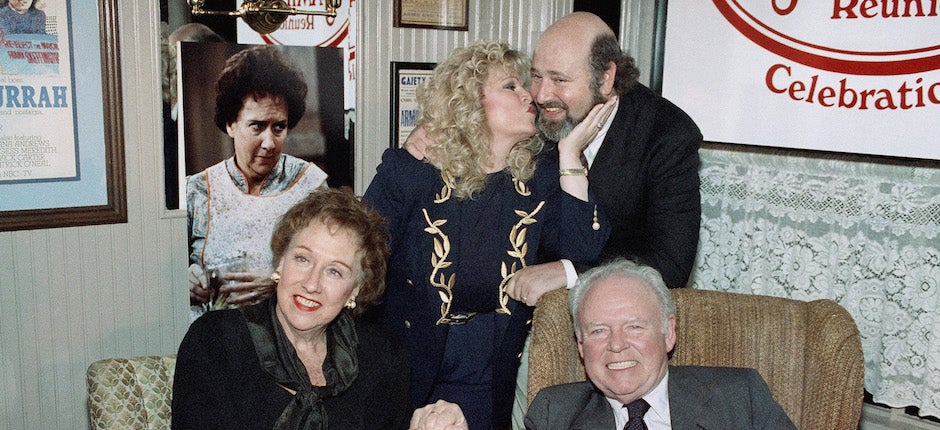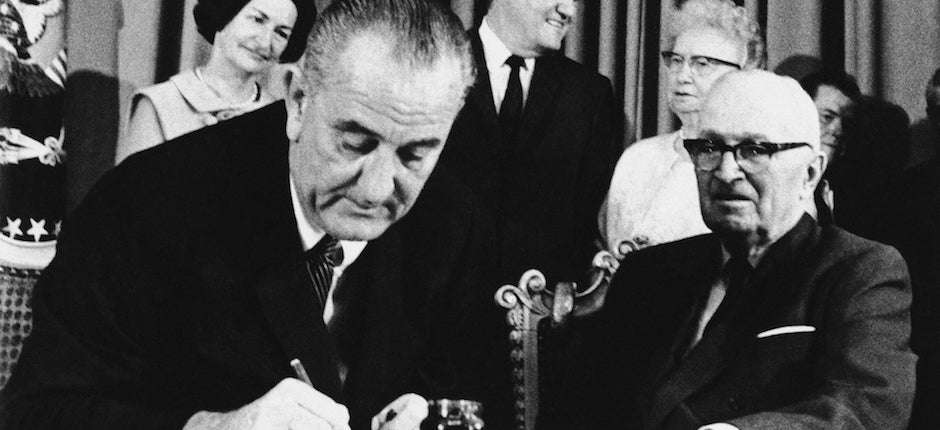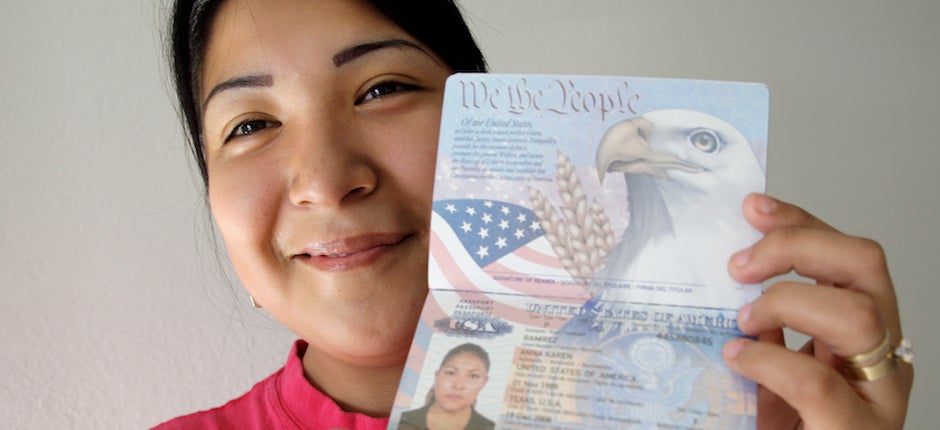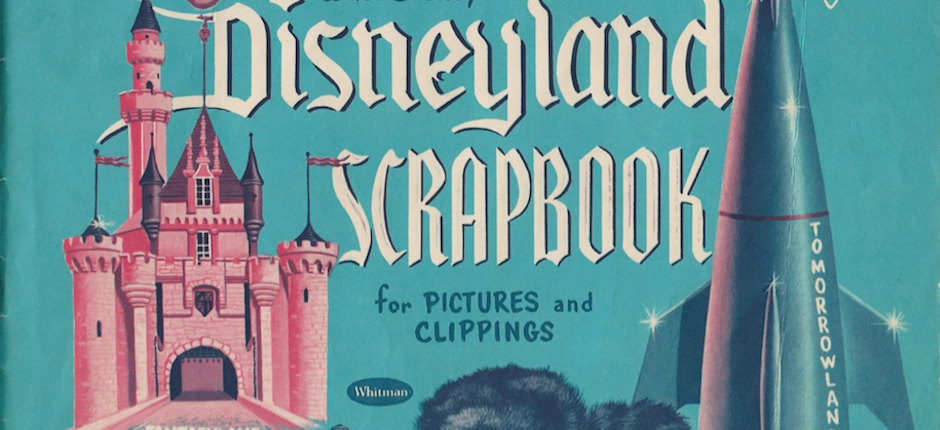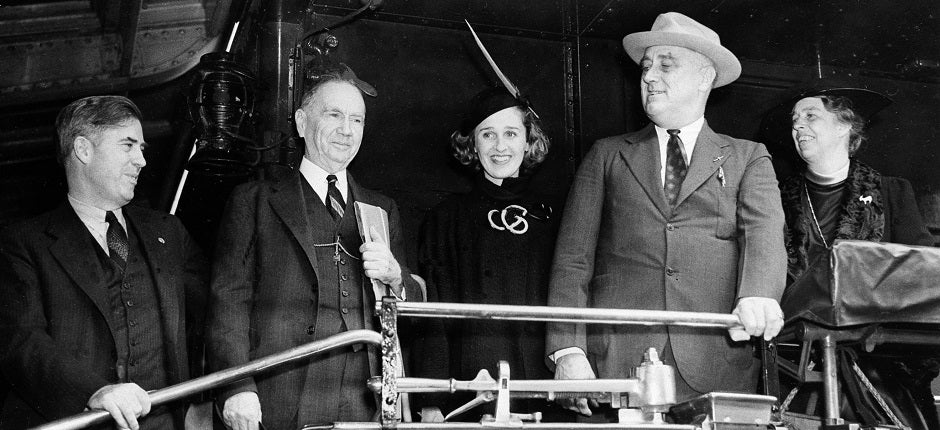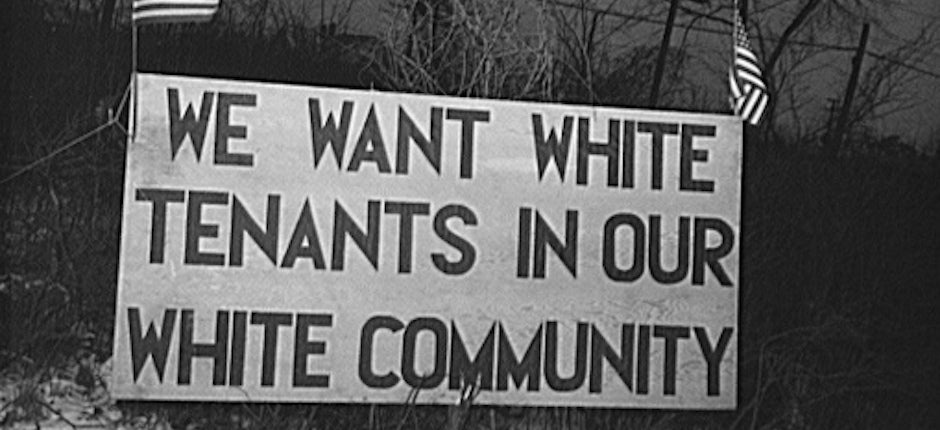How Sears Industrialized, Suburbanized, and Fractured the American Economy
The Iconic Retail Giant Turned Thrift into Profit, But Couldn’t Keep Pace with Modern Consumer Culture
The lifetime of Sears has spanned, and embodied, the rise of modern American consumer culture. The 130-year-old mass merchandiser that was once the largest retailer in the United States is part of the fabric of American society.
From its start as a 19th-century mail-order firm, to its heyday on Main Street and in suburban malls, and from its late 20th-century reorientation toward credit and financial products to its attempted return to its original retail identity, Sears has mirrored the ups …


